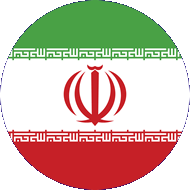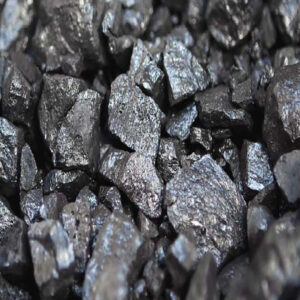Dalian iron ore futures on Wednesday extended declines for a fifth session, with market dynamics responding to continuous government intervention and discouraging manufacturing data.
The most-traded January iron ore on China’s Dalian Commodity Exchange was down 0.5% at 955.5 yuan ($134.17) per metric ton at closing.
Meanwhile,the Singapore Exchange’s benchmark January iron ore was up 0.8% at $128.40 a metric ton after dropping as much as 3% in the previous session.
Analysts said they were currently observing the frequent and forceful interventions by Chinese authorities to control prices.
China’s state planner on Monday saidit had conducted a survey on the price indices of several commodities, including steel and iron ore, to maintain a healthy market.
The move by the Development and Reform Commission’s pricing monitoring centre came after the issuance of two warnings on reinforcing the supervision of the iron ore market in the past week.
China’s manufacturingactivity likely contracted for a second consecutive month in November, a Reuters poll showed, keeping alive calls for further stimulus measures as factory owners struggle for orders both at home and abroad.
China’s central bank governor said on Tuesday that monetary policy will remain accommodative to support the economy, but he urged structural reforms over time to reduce reliance on infrastructure and property for growth.
Seaborne iron ore prices are set to climb to as much as$150 per ton in the first half of 2024, according to analysts who have lifted their estimates on expectations of increased demand in China after recent stimulus measures.
Steel benchmarks on the Shanghai Futures Exchange were mixed. The most-active rebar contract SRBcv1 slid 0.6%, hot-rolled coil SHHCcv1 dropped 0.5%, wire rod SWRcv1 increased 0.2%, and stainless steel SHSScv1 gained 1.9%.
Other steelmaking ingredients Dalian coking coal DJMcv1 and coke DCJcv1 were down 2.7% and 1.6%, respectively.




